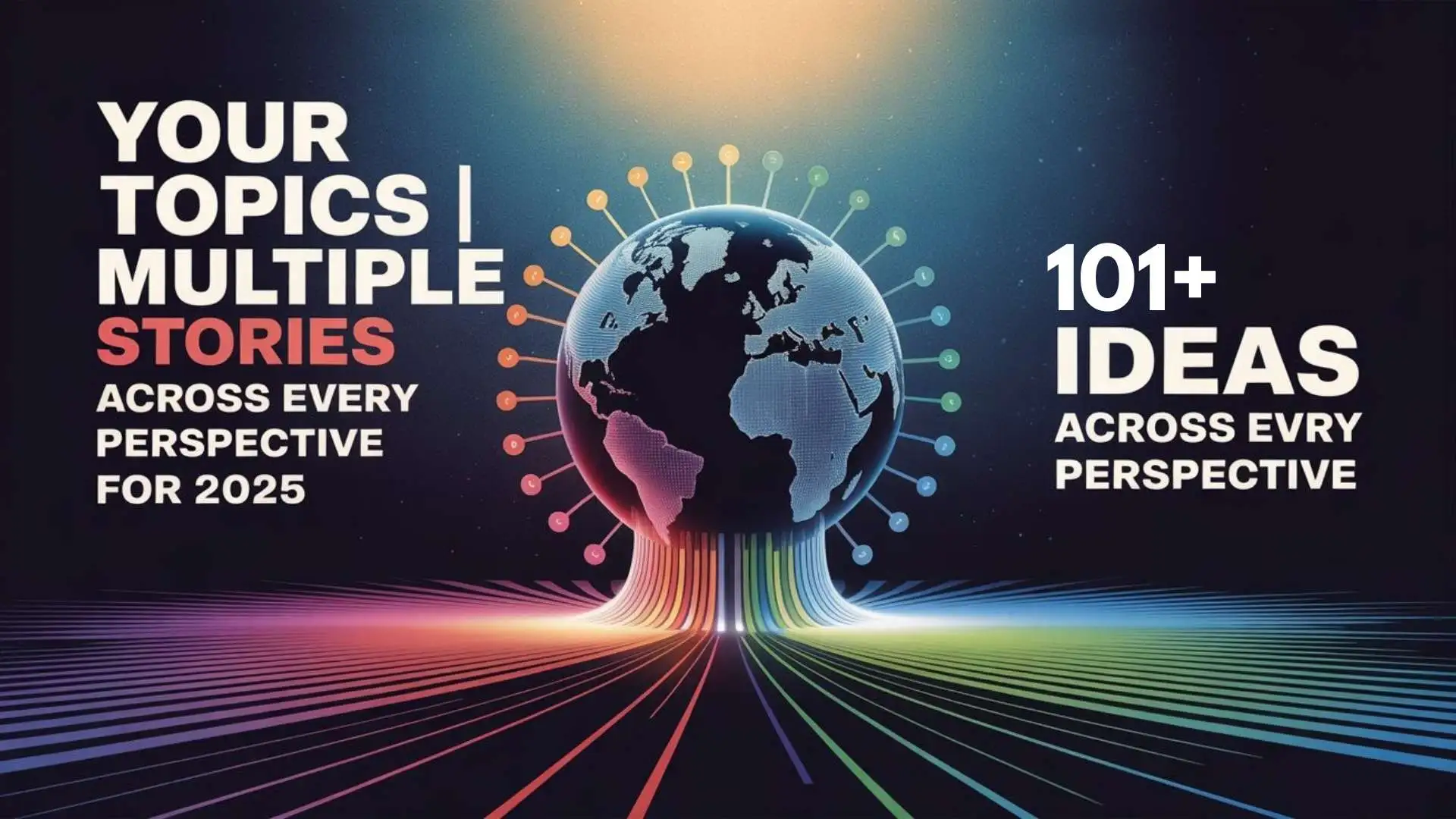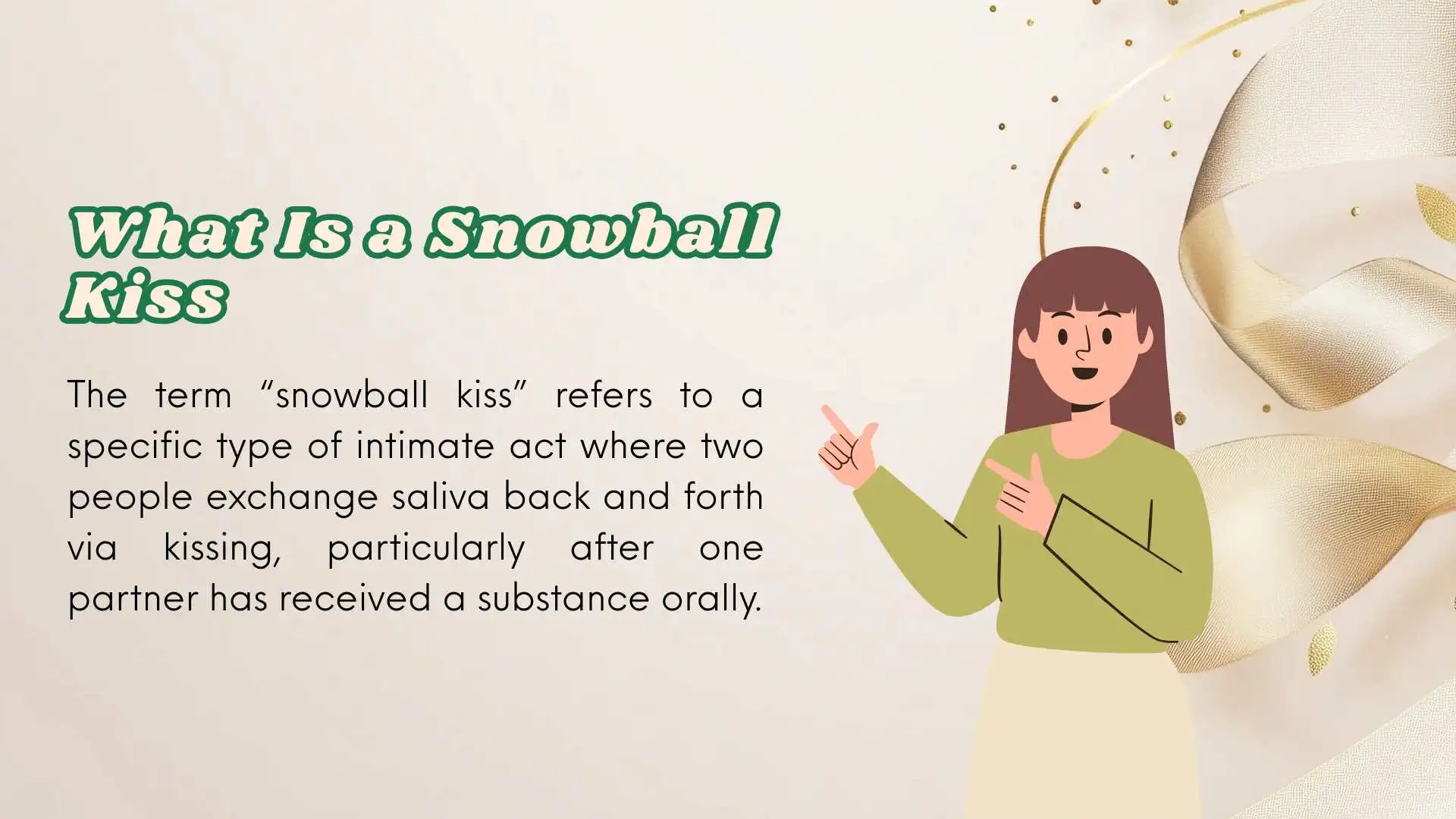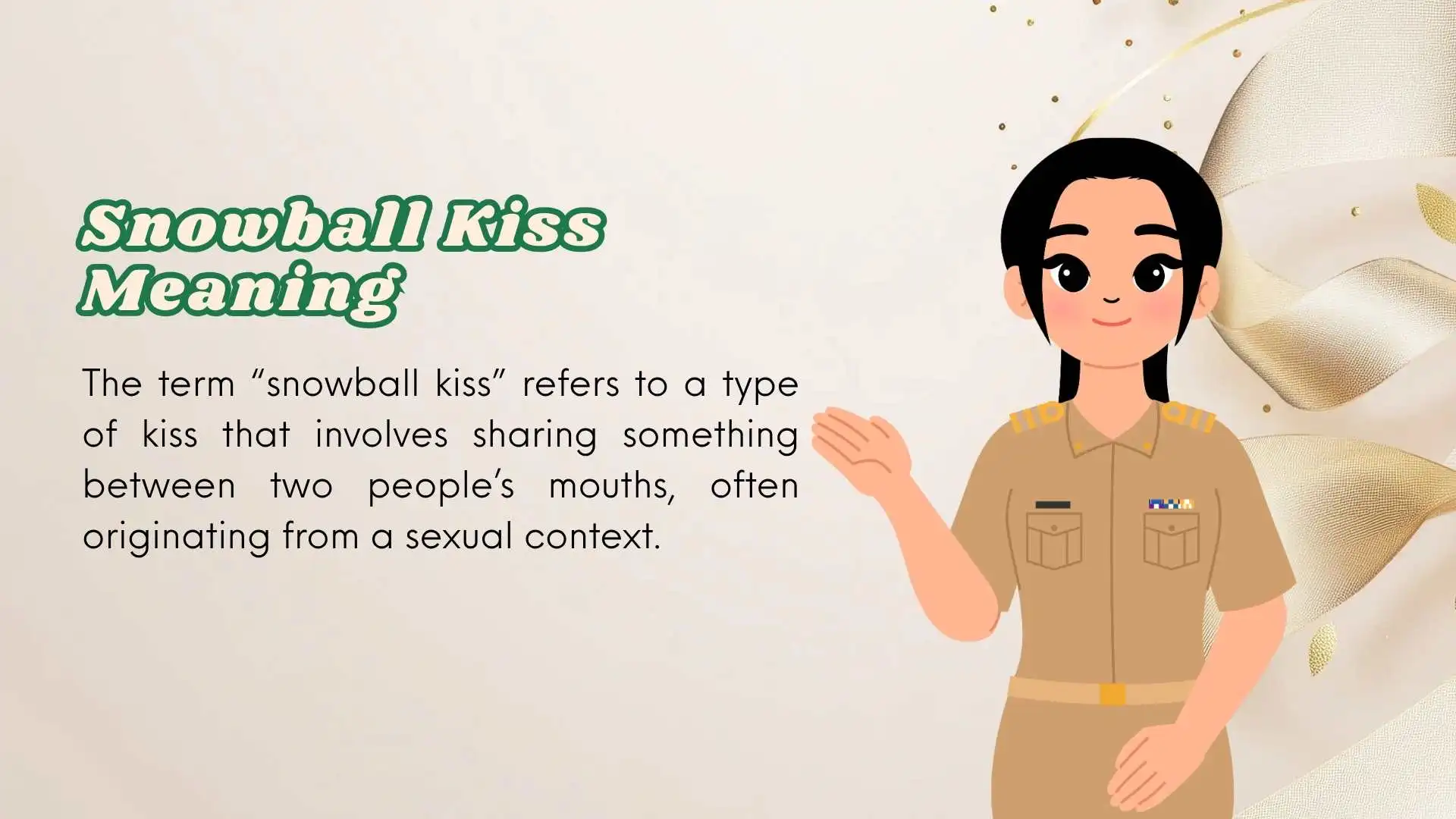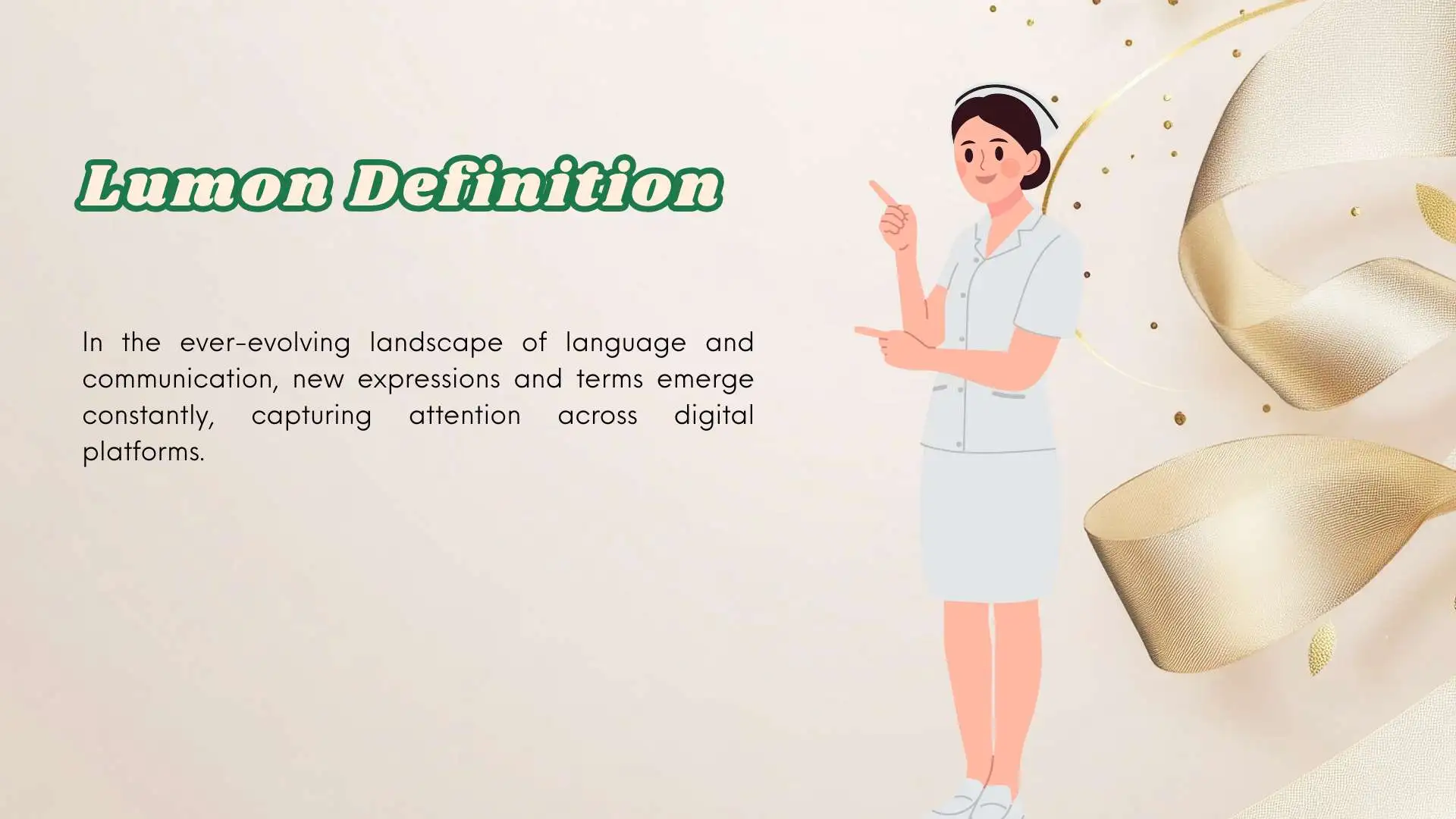In today’s fast-paced content world, one-dimensional storytelling doesn’t cut it anymore.
If you want your topics | multiple stories to stand out and evolve, it’s time to embrace a multi-story content strategy—a creative approach where a single topic branches into diverse, relatable, and engaging narratives across formats.
Whether you’re a blogger, marketer, educator, or content creator, using your topics | multiple stories method can ignite creativity, boost SEO, and connect deeply with your audience in more authentic ways.
By breaking free from linear content and tapping into layered storytelling, your topics | multiple stories become more than just ideas—they become experiences your audience wants to explore, share, and remember.
Understanding the Concept of “Your Topics”
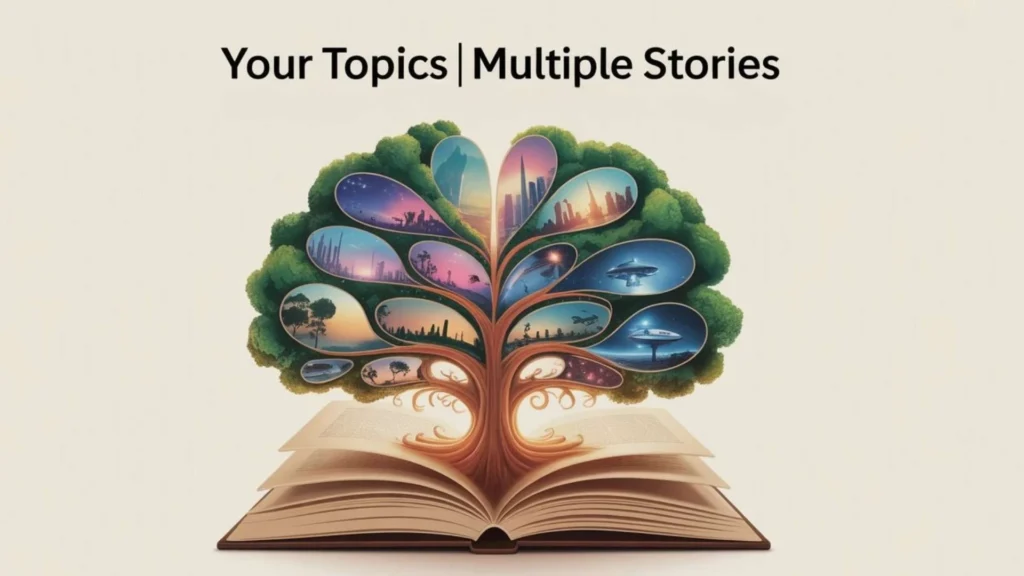
Your topics are the ideas you’re naturally drawn to—be it sustainability, digital marketing, fitness, or tech trends. But instead of squeezing one blog or post out of each idea, think broader:
👉 One topic = many storytelling opportunities.
👉 Each angle = a chance to connect with new reader segments.
Use your passion as a launchpad to develop multiple storytelling layers.
The Power of Diverse Narratives
Multiple storytelling techniques allow you to expand beyond the surface of your topic. With different angles, personal, factual, humorous, visual you can:
- Increase engagement and session time
- Make complex ideas more accessible
- Serve different audience preferences
🎯 Example: If your core topic is “Remote Work,” your narratives could include:
- Your remote journey (personal)
- Productivity hacks (educational)
- Remote work trends (data-driven)
- Remote burnout (emotional)
Breaking Traditional Storytelling Boundaries
Gone are the days of linear storytelling. Today’s content strategy thrives on non-linear, interactive, and layered narratives.
| Traditional Approach | Multi-Story Strategy |
| One blog post | Blog + video + infographic |
| One perspective | Multiple POVs (employee, expert, client) |
| One-time share | Repurposed, serialized content |
💡 Multiple stories = higher value from a single topic.
Why Relatability Matters in Multi-Story Content
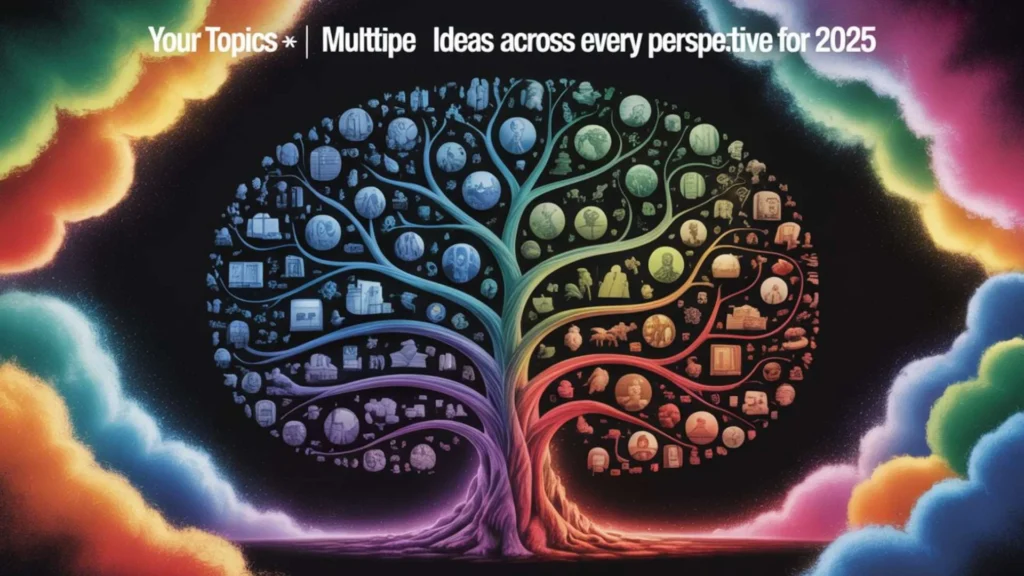
When you explore multiple angles, you create space for your audience to say,
“This story feels like it was written just for me.”
Relatability builds:
- Emotional trust
- Reader loyalty
- Social sharing opportunities
🧠 Tip: Use audience feedback and real-life experiences to enrich your narrative layers.
Storytelling Across Different Media Platforms
Great stories don’t live in just one format. Today’s audience consumes content on:
- Blogs
- Podcasts
- YouTube
- Reels or TikToks
- Email newsletters
🛠️ A strong multi-story content strategy adapts one topic into:
- A long-form article
- A short story for Instagram
- An explainer video
- A tweet thread or carousel
This not only boosts SEO visibility but also strengthens brand consistency.
Cultural Power of Multilayered Stories
Culturally rich stories often come with multiple layers and diverse voices. The more you allow your topic to breathe, the more inclusive your message becomes.
🌍 Example:
A single topic like food culture can expand into:
- Generational family recipes
- Local food economy
- Immigrant experiences
- Veganism and identity
Your content becomes a mirror to lived realities, not just a flat idea.
How Technology Fuels Modern Storytelling
You don’t need a film crew to tell powerful stories.
Today’s creators use tools like:
- Canva for visual storytelling
- Notion or Trello for planning
- ChatGPT for ideation
- Descript for transcriptions
- WordPress/Medium for publishing
Tech empowers creators to experiment quickly and reach globally—without huge budgets.
Why Exploring Multiple Stories Benefits You
Here’s why it works—both for you and your readers:
| Benefit | Impact |
| Richer Content | Boosts authority and trust |
| Audience Engagement | Relatable to more people |
| SEO Advantage | Ranks for more keywords |
| Evergreen Value | More content from one idea |
| Creative Freedom | Breaks writer’s block |
📈 Multi-layered storytelling isn’t just creative—it’s strategic.
Quick Tips to Start Your Own Multi-Story Content Strategy
- Choose a core idea — something timeless and flexible.
- Brainstorm story angles — expert views, beginner guides, emotional tales.
- Plan formats — text, video, audio, visual.
- Schedule rollout — create a content calendar for stories.
- Link stories — connect posts internally for better SEO and depth.
🛠️ Think of your blog or channel like a Netflix series—build episodes around one theme.
Common Challenges in Writing Multiple Stories
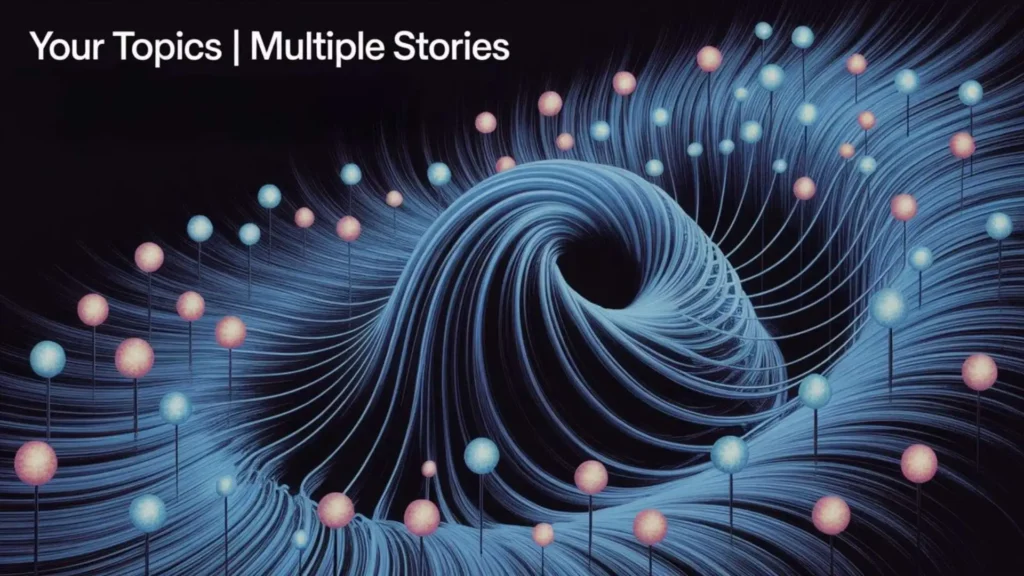
Let’s get real: this approach takes effort.
❌ You may struggle with:
- Too many ideas = creative overload
- Inconsistent tone or messaging
- Time management and scheduling
- Audience segmentation confusion
💡 Solution: Use templates, batch your creation, and align each piece with your core message.
How Multiple Stories Can Unite Audiences
Every voice you include in your content becomes an invitation for others to join in.
Your content shifts from monologue to dialogue.
Benefits:
- Better community engagement
- Content becomes more shareable
- Trust grows as people feel heard
📣 “Your Topics | Multiple Stories” becomes a bridge, not just a message.
🔥 Real Life Examples of Multi Story Narratives
These successful brands show how to do it right:
| Brand / Campaign | Multi-Story Approach |
| Nike – “Just Do It” Series | Features diverse athletes from all backgrounds sharing personal challenges and triumphs, all united under the theme of resilience and empowerment. |
| Coca-Cola – “Share a Coke” | Encouraged people to share bottles personalized with names, sparking personal stories and emotional moments around identity and connection. |
| Apple – “Shot on iPhone” | Showcases real user content—photos, videos, and personal projects—highlighting creativity from everyday people around the world. |
| Dove – “Real Beauty” Campaign | Presents stories of real women, not models, sharing their experiences with body image, self-esteem, and cultural beauty standards. |
| Airbnb – “Belong Anywhere” | Highlights hosts and travelers with authentic stories of meaningful stays, cultural exchanges, and personal connections. |
| Square – “For Every Kind of Dream” | Tells powerful mini-documentaries of small business owners pursuing their goals, often in the face of adversity. |
| Mailchimp – Brand Series & Originals | Focuses on small-business journeys through documentary-style storytelling, podcast episodes, and animated shorts. |
| Guinness – “Made of More” | Shares uplifting and unexpected stories of community, inclusion, and everyday heroism that align with the brand’s values. |
| Spotify – “Wrapped” Campaign | Gives each user a personal story based on their listening habits, creating shareable narratives and emotional data-driven recaps. |
| P&G – “Thank You, Mom” | Follows the emotional journeys of Olympic athletes and the sacrifices of their mothers—highlighting universal family bonds. |
| Google – “Year in Search” | Compiles the top global moments of each year, telling a collective story of hope, challenges, and humanity through trending topics. |
Each builds depth, loyalty, and re-watch/re-read value.
What’s Next for Story-Driven Content Creation?
The future is here—and it’s audience-first, layered, and dynamic:
- 🔮 Custom narratives powered by AI
- 🧩 Interactive storytelling (choose your path)
- 🧠 Community-led stories and open source creativity
“Your Topics | Multiple Stories” will evolve into living ecosystems of content.
❓ FAQs
Q1: What is a multi-story content strategy?
It’s a storytelling technique where one topic is explored through multiple perspectives, formats, or voices to maximize impact and engagement.
Q2: How do I turn one blog topic into multiple story ideas?
Break it into smaller angles—such as emotional, technical, expert, personal, and visual. Each becomes a separate but connected story post.
Q3: Why is multi-layered storytelling good for SEO?
It lets you target more keywords, increase internal linking, and improve dwell time—all factors Google loves.
Q4: Which tools help with storytelling across formats?
Use Notion or Trello for content planning, Canva for visuals, ChatGPT for brainstorming, and Descript for video/podcast editing.
Q5: How do multiple stories increase audience engagement?
Different readers relate to different angles. By offering varied entry points into your topic, you create a richer experience for everyone.
✅ Conclusion
Your topic doesn’t have to end with one post, one video, or one voice. With a multi-story content strategy.
you unlock the power to spark ideas, reach diverse audiences, and create meaningful, evergreen content—all from a single theme.
Whether you’re crafting blog posts, podcasts, or social media content, remember:
One idea can tell a thousand stories.
The more layers you explore, the more impactful your message becomes.
So pick your topic, dig deeper, and let the stories unfold. 🎤✨

Staphine Cross is a passionate American author known for weaving emotion, resilience, and raw honesty into every story she tells. With a deep love for literature and human psychology, her writing captures the complexity of life, relationships, and personal transformation.
Born and raised in Seattle, Washington, Staphine pursued her studies in Creative Writing and Sociology, blending both disciplines to create stories that touch the heart and challenge the mind. Whether it’s fiction that dives into inner battles or essays that question societal norms, her voice stands out as authentic, bold, and beautifully crafted.
Beyond the page, she is a fierce advocate for mental health awareness and women’s empowerment, often speaking at writing workshops and literary events across the U.S. When she’s not writing, Staphine enjoys quiet evenings with her journal, herbal tea, and a bookshelf full of classics.
Her popular works include:
-
“Beneath Quiet Skies” – a reflective novel about healing and second chances.
-
“Letters I Never Sent” – a heartfelt collection of emotional essays.
-
“The Echo Between Us” – a gripping story of love, loss, and rediscovery.

